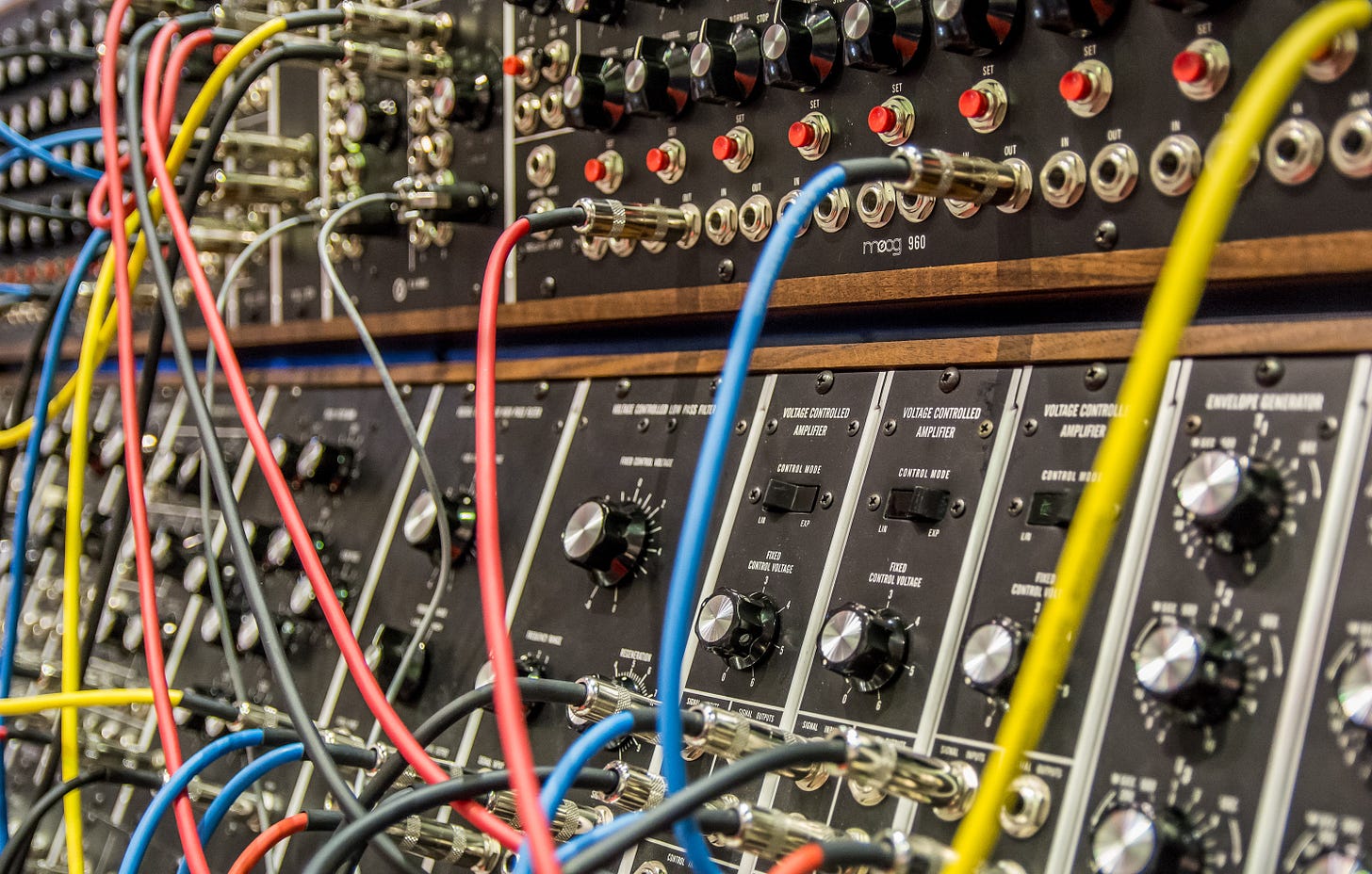Your ability to listen will make more of a difference in your life than what you have to say. Too often, though, we have an outsized focus on our own agenda. Instead of paying attention to what is unfolding in front of us, we're busy preparing the next clever thing to say. Crucial information gets missed, and relational opportunity is squandered.
Don't confuse hearing and listening. You've missed the mark if you hear someone's words but fail to connect what is coming through your ears to your head, hands, and heart. When we only give people fragments of our attention, we only hear broken parts of their story. True listening isn't an auditory exercise--it's is an experiential one. It's not enough to nod along or parrot back words and phrases. Listening isn't passive. It requires action– in the moment and after your discussion is through.
If you want to improve your relationships and have a bigger impact at work, take the following steps:
Put away your phone. It's too tempting to glance down when a dopamine ding lights up your screen. For most people, looking at their phone at the first buzz or flicker of light is automatic. Stay fixed on the person in front of you. Don't make them compete for your attention.
Hit the conversation space bar. Let people finish speaking before chiming in. Leave a beat between someone's last words and your next ones. Make sure your discussion partner has punctuated their thought before you respond to what they've shared.
Turn down the volume in your head. Your internal chatter creates noise that drowns out what someone wants to say. Put a pin in your thoughts so you can fully pay attention to the signals someone is sending.
Get on the same page. Check in periodically to make sure you're in the same conversation. Sometimes people are in dialogue but having entirely different discussions. Use clarification to assess whether you're tracking accurately. "What I'm hearing is…. is that correct?" If something is unclear, the phrase "Can you help me understand…" is an excellent tool.
Take action afterward. Don't make people repeat themselves. They'll get annoyed, quick. Modifying behavior based on updated information you've received during a conversation lets someone know their message was received. Good listening doesn’t stop when your conversations do. You don't have to agree with everything someone says, but at least acknowledge what you've heard. Instead of ignoring something they've said, discuss why you may opt not to follow through on a request or suggestion. If you find that you are having the same conversation over and over, consider why this is the case. Identify where and why wires are getting crossed and talk about it together.
If you don't listen to the people in your life, they will find someone else who will. We all know what it's like to be ignored and misunderstood. It's horrible. Those exchanges stick with us. How do you want to be remembered?
If you liked this post, spread the joy and share it with someone else!
If you’re interested in more strategies for managing stress, raising your EQ, and strengthening self-awareness, don’t miss Finding Joy:
For more of my musings on love, life, and work, you can follow me on Twitter, IG, and Linked In.




